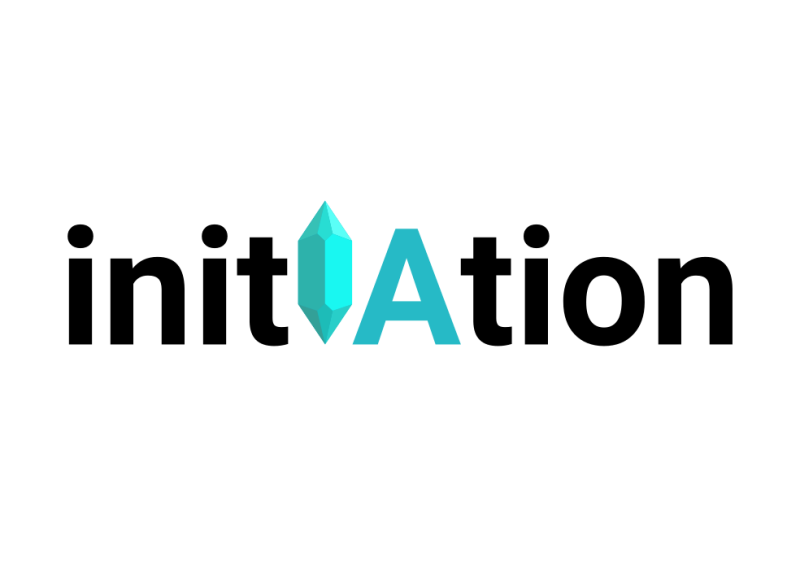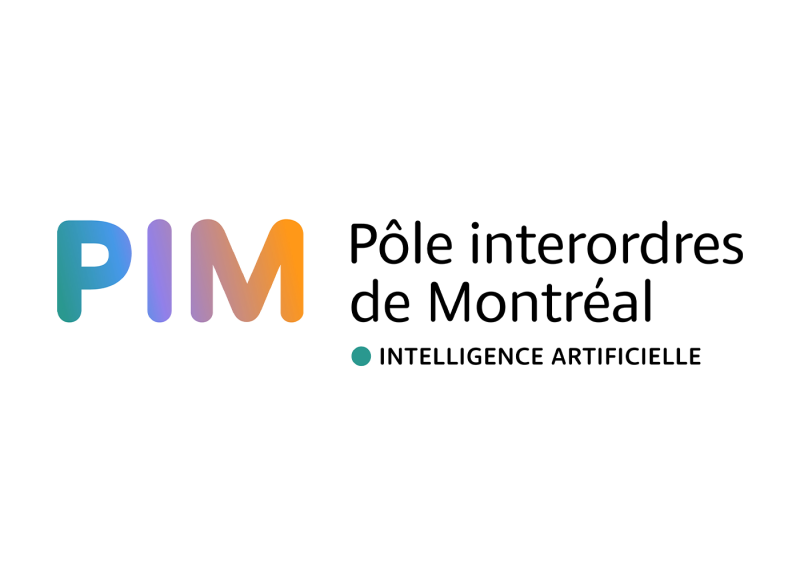Artificial
intelligence
The issue: Montréal's AI ecosystem and the contribution of CEGEP-university collaboration
The priorities for action in 2025–2026 are in line with the activities carried out in 2024–2025. They are based on new data and information: the results of the survey of three universities and eight CEGEPs conducted by the PIM and the outcome of the day of reflection organised jointly by PIM and OBVIA, La parole aux milieux collégial et universitaire (Voices from Colleges and Universities, available in French only), held on 18 June at Laval University.
In addition, we can draw on the accomplishments of a dozen teams supported by PIM to produce either educational tools or turnkey workshops on generative AI. The issue of generative AI has three components: continuity in the pursuit of objectives and projects, promotion and sharing of deliverables, and, two and a half years after our May 2023 event, examining ‘blind spots,’ i.e. the themes or issues that PIM has not addressed, defining a strategic positioning for 2025–2026, and even for 2026–2027.
Aim
In 2025–2026, the PIM plans to continue the work accomplished in 2024–2025 by pursuing its collaboration with OBVIA and promoting the dissemination and transfer of knowledge generated by CEGEP and university project teams that have completed or are currently working on projects. It also plans to explore new avenues for action..
Priorities
2025–2026
PIM will implement three main actions:
01
Ensure knowledge transfer within the cluster's university and college communities in relation to the achievements of the various teams that have carried out AI projects.
02
Follow up on collaborations with OBVIA, notably by re-conducting the survey in CEGEPs and universities on the use and perception of generative AI by students and teachers.
03
Conduct strategic thinking on the positioning of the PIM within the ecosystem at the crossroads of AI and higher education, and take appropriate action.



